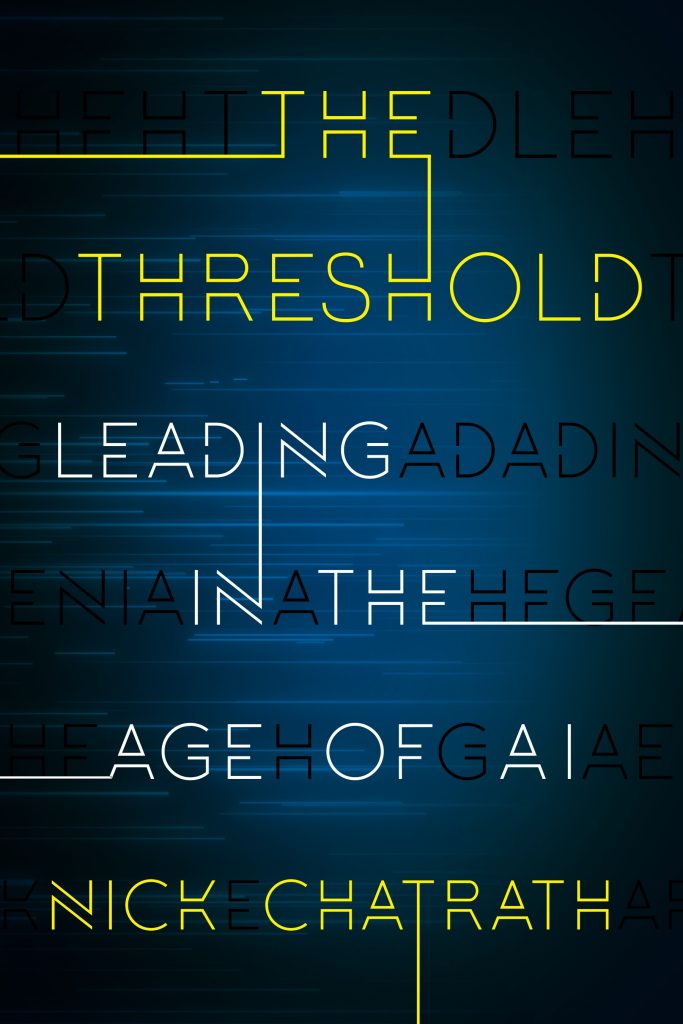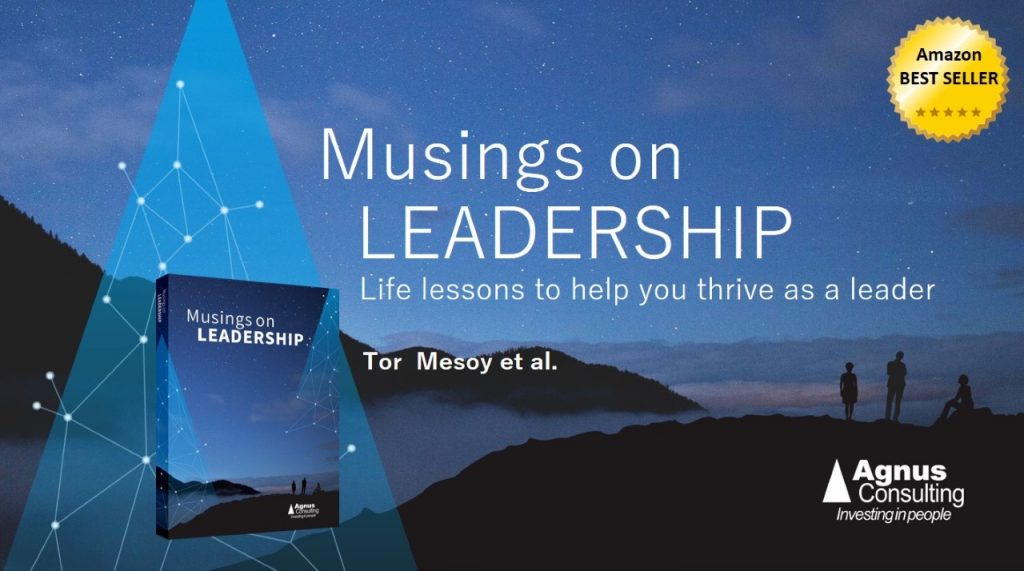This post in 20 seconds
- You can get the most out of meetings by asking playful questions
- Play helps you access the eternal, the colourful and the human
- Swallows and Amazons embodies this. A captivating read, it fires the imagination with its joy, energy – and, as you’ll see, playful questions
- Sign up for a Transforming Meetings Programme in Oxford and master these skills
- See you in the University Parks for Creation Theatre’s vibrant new production of Swallows and Amazons!
This post first appeared on the Creation Theatre website.
“What if we were to make pemmican cakes?”

Last month, I read Swallows and Amazons for the first time. The joyful, hair-raising adventures of John, Susan, Titty, Roger and Bridget on Wild Cat Island charmed and delighted my attention.
Discussing rations with her mother, who had just rowed up to the Swallows’ camp, Titty didn’t say, ‘Make me some pemmican cakes’ (an instruction) or ‘Can we make some pemmican cakes?’ (a closed, uninspiring question). Instead, she asked a playful ‘What if ..?’ question. This opened the door wide to the richest dialogue the two of them had had on the island so far, full of colour and imagination and deepened connection.
My work is to help leaders release their potential, and Titty’s question got me thinking: What is the role of playful questions in unlocking potential?
Stuck?
Picture the scene: A board meeting in an Oxford hotel in early 2018. I am Chair and the topic is strategic expansion. The discussion feelsheavy and several members note that we have not been at our best amid uncertainty in recent years. As we keep talking, one person bravely admits – to nods from others – “I just don’t think any opportunities will ever come our way.”
This is a difficult moment. We are stuck and need a breakthrough.
Much advice on how play can benefit work focuses on ways to stop workingand do something playful. Have a game of Monopoly at lunchtime. Play rock-paper-scissors at work. Organise office football. These can all be good things, but I am referring to something quite different.
What if we were to find play while working?
Let’s return to the board meeting: A few minutes later, I ask, “If you knew that opportunities will come your way, how would we be as a board?” This leads to a wide-ranging, light, stimulating discussion. It is as if we have fallen through the floor into a deeper, infinitely more enjoyable dimension of debate – in a way that I can only describe as playful.
Why was this question so effective?
Put simply, when you play, you access the eternal, the colourful and the human. These sound like big claims, so read on…

The eternal
Let’s start with the biggest.
The reason why play helps us access the eternal is because it is all about joy.
The sociologist Peter L. Berger put it well when he wrote that play helps us ‘momentarily regain the deathlessness of childhood’. In moments of joy, or true contentment, or flow, we access something beyond ourselves. Berger again: ‘Play appears to suspend, or bracket, the reality of us “living toward death” (as Heidegger aptly described our ’serious’ condition).’
If this is true, how do playful questions help us access this in our work? Can I really experience joy while filing taxes for my client? While clipping the toenails of a geriatric patient? While grinding out my 200th report or appraisal of the year?
Not only do I think this is possible, I see it regularly in some with whom I work.
A good way to get there is to ask a ‘What if …?’ or ‘If you knew … ?’ type question. The latter is an example of an ‘incisive question’, as coined by Nancy Kline. In a meeting, incisive questions enable people to move past untrue assumptions that may be limiting the discussion. Real joy is released when this happens.
As with any approach to the eternal, humility is needed. As I articulate an open, playful question, I accept not only that I do not have all the answers, but also that others have meaningful contributions that I might not anticipate.
If you knew that your meetings are joyful, what would you ask in them?
Colour
Recent research from psychologists at the Martin Luther University of Halle-Wittenberg (MLU) shows that playful adults are better at observing and seeing things from new perspectives. This study of 3,000 adults showed this to be true, independent of personality traits.
In short, play helps you access what is colourful (seeing things in new ways; solving ‘wicked problems’), not just what is grey (only seeing things as we saw them before; solving ‘tame problems’).
This is great news!
Incisive questions allow ‘the brain to play rather than obey, and the brain loves to play, even when contemplating a truth’ (Kline) – and, as we have seen, those who incorporate play into their work are at an advantage.
What if you were to ask a playful question in a meeting today?
Humanity
In a world where many of us are successful yet overwhelmed, incorporating play into our work can help us access what it really means to be human.
In her book on living a wholehearted life, Brené Brown reports the research of Stuart Brown, a psychiatrist, clinical researcher, and founder of the National Institute for Play: ‘[Stuart]Brown explains that play shapes our brain, helps us foster empathy, helps us navigate complex social groups and is at the core of creativity and innovation.’
Playful questions are a way to invite others to explore what could be. The exploration need not be limited to the first answer that comes to mind; indeed, the magic often happens with answers that come later. With such questions, we are inviting possibility and accessing opportunity. I believe that (almost) every person wants to flourish, and that central to this is an ability to express one’s gifts. These invitations are therefore central to what it is to be human.
How magnificent – especially when compared with the stultification that characterises so many meetings.
What if everything you did in a meeting were to help others express their gifts?
What next?
I am looking forward to taking my family to enjoy a playful afternoon – full of the best kind of questions – watching Swallows and Amazons in Oxford’s beautiful University Parks.
Want to have more effective meetings? Find out more about the 1-day Transforming Meetings Programme or email me to sign up now.
References
Berger, Peter L., A Rumour of Angels, Harmondsworth: Penguin, 1969.
Brown, Brené, The Gifts of Imperfection: Let Go of Who You Think You Are Supposed to Be and Embrace Who You Are, Minnesota: Hazelden, 2010.
Kline, Nancy, More Time To Think, London: Cassell, 2015.
Image credits: Shutterstock







